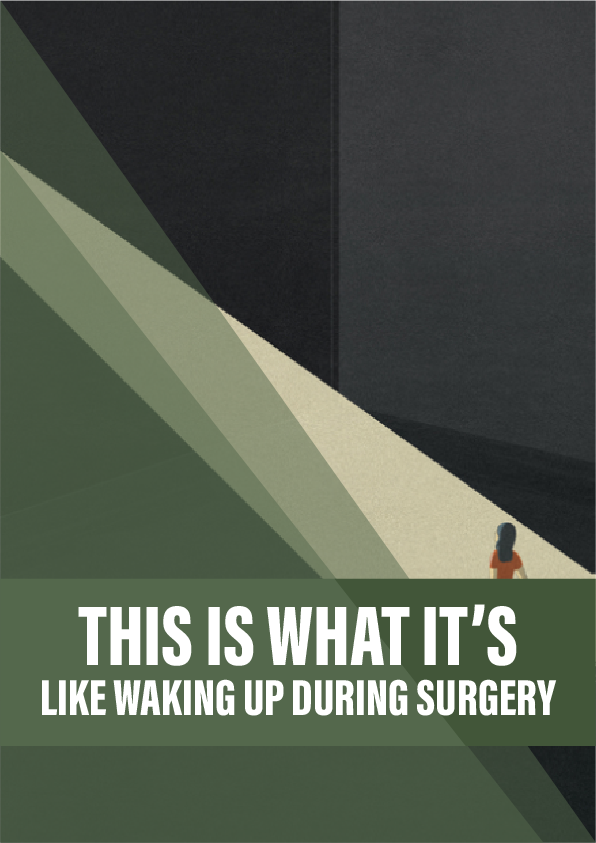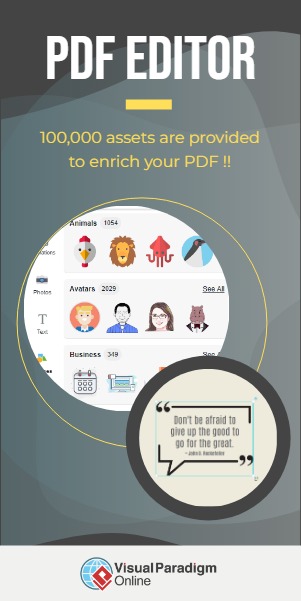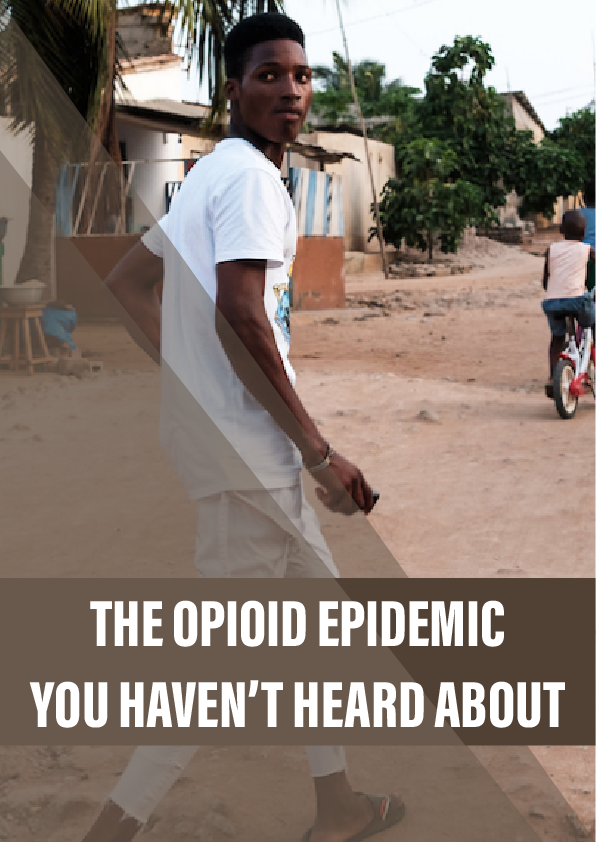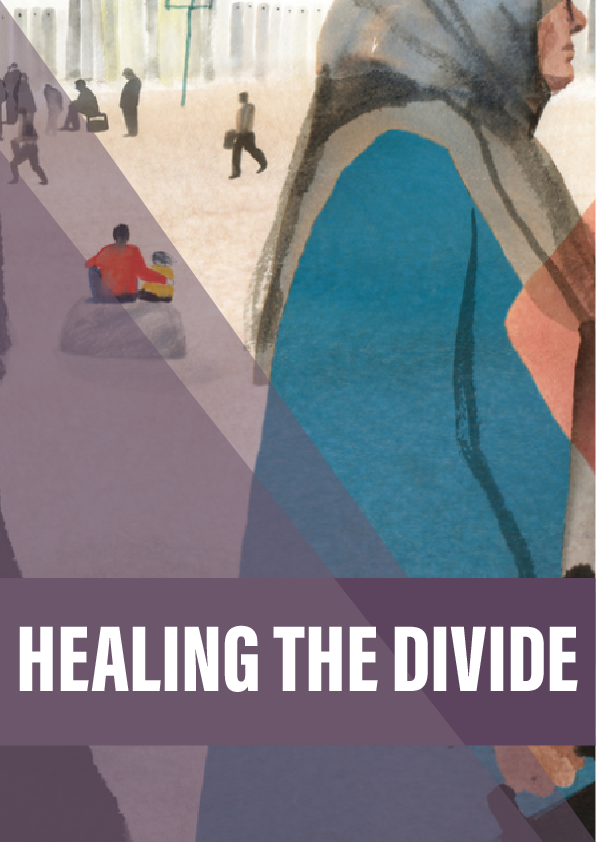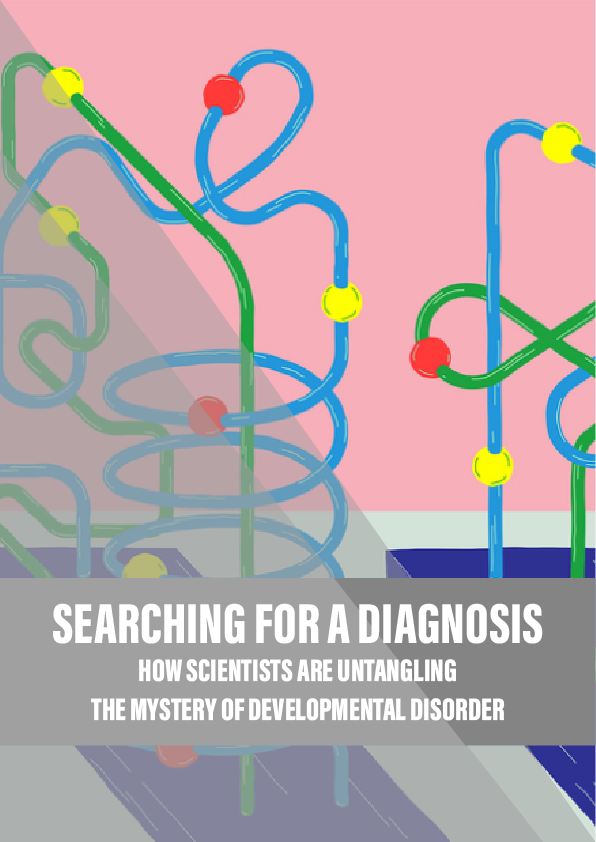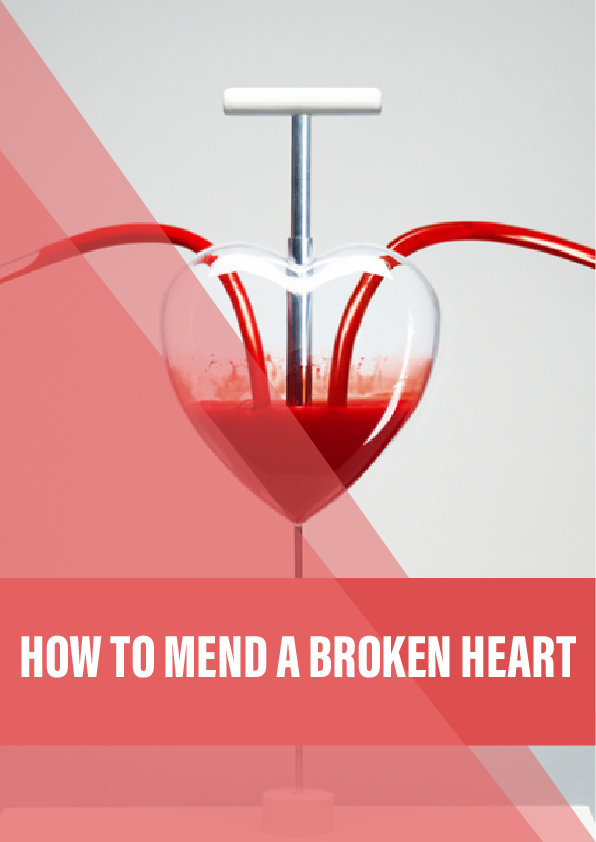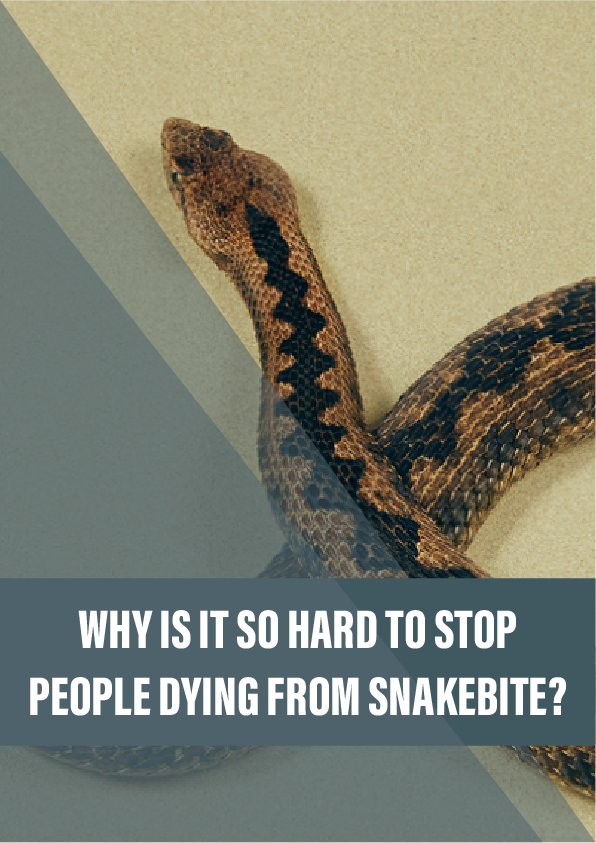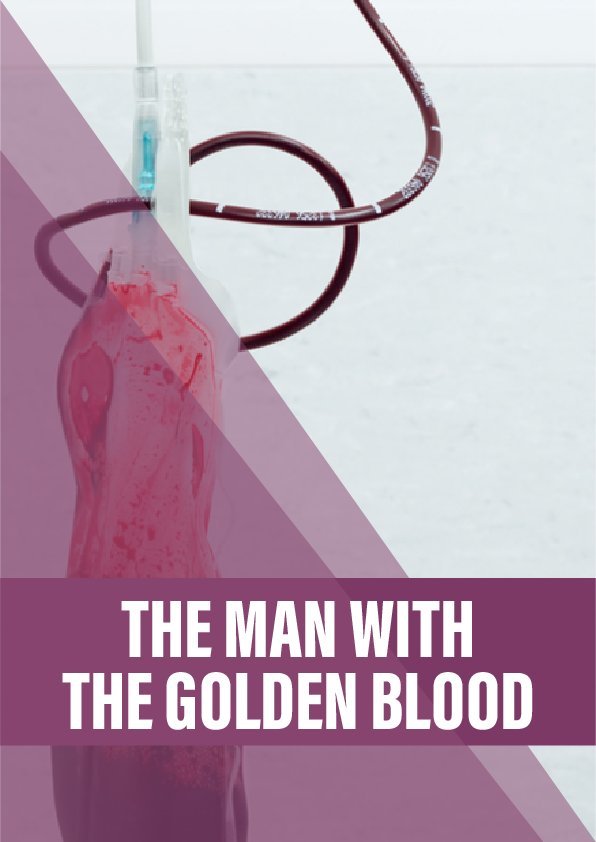General anaesthetic is supposed to make surgery painless. But now there’s evidence that one person in 20 may be awake when doctors think they’re under.
It can be the smallest event that triggers Donna Penner’s traumatic memories of an operation from more than ten years ago.
One day, for instance, she was waiting in the car as her daughter ran an errand, and realised that she was trapped inside. What might once have been a frustrating inconvenience sent her into a panic attack. “I started screaming. I was flailing my arms, I was crying,” she says. “It just left me so shaken.”
Even the wrong clothing can make her anxiety worse. “Anything that’s tight around my neck is out of the question because it makes me feel like I’m suffocating,” says Donna, a 55-year-old from Altona in Manitoba, Canada.
Donna would not be like this if it were not for a small medical procedure that she had before her 45th birthday. She was working in the accountancy department of a local trucking company and had just celebrated the wedding of one of her daughters. But she had been having severe bleeding and pain during her period, and her family physician had suggested that they investigate the causes with exploratory surgery.
It should have been a routine procedure, but, for reasons that are far from clear, the general anaesthetic failed. Rather than lying in peaceful oblivion, she woke up just before the surgeon made the first cut into her abdomen. With her body still paralysed by the anaesthetic drugs, she was unable to signal that anything was wrong.
So she remained frozen and helpless on the operating table as the surgeon probed her body, while she experienced indescribable agony. “I thought, ‘This is it, this is how I’m going to die, right here on the table, and my family will never know what my last few hours were like because no one’s even noticing what’s going on.’”
The lingering trauma can resurface with the slightest trigger, and still causes her to have “two or three nightmares each night”. Having been put on medical leave from her job, she has lost her independence. She suspects that she will never fully escape the effects of that day more than a decade ago. “It’s a life sentence.”
Reference:
- The fifth National Audit Project report (2014) on anaesthsia awareness in hospitals in the UK and Ireland.
- Kate Cole-Adams’s 2017 book Anesthesia: The gift of oblivion and the mystery of consciousness.
- A 2015 paper from the Anesthesia Awareness Registry at the University of Washington.
- Robert Sanders and colleagues’ 2018 exploration of what the anaesthetic drug propofol does to the brain.
- A 2017 study by Sanders and colleagues exploring the isolated forearm technique to detect awareness in patients.
- A 2016 meta-analysis of studies exploring medical hypnosis during anaesthesia.
